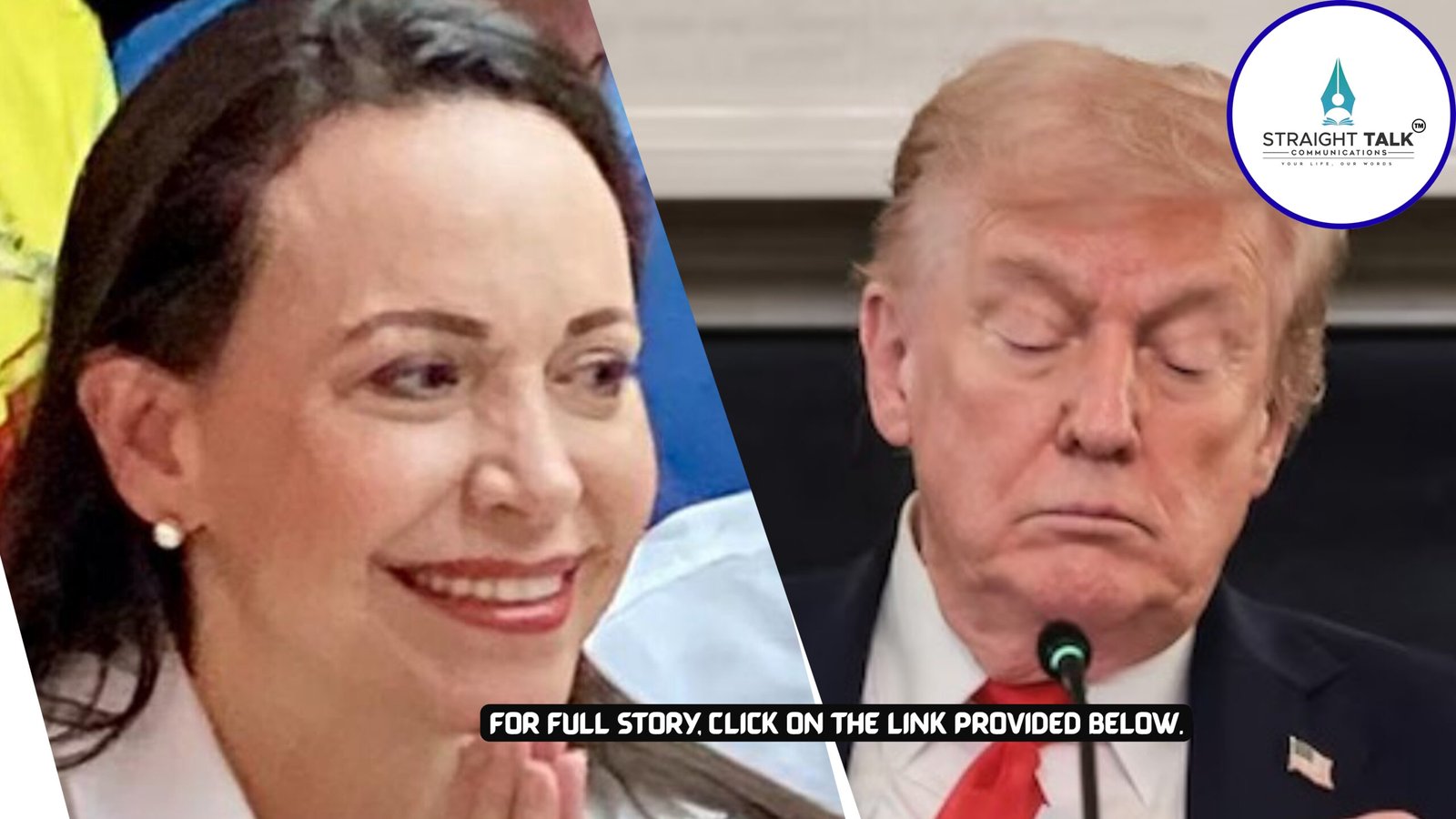Land of the Free, Home of the Stateless: America’s Immigration Policies Driving Away Talent


Peerzada Masarat Shah
In the latest chapter of the U.S. immigration saga, a substitute teacher in Fort Worth, Texas, has sparked outrage by allegedly urging Immigration and Customs Enforcement (ICE) to raid a local high school, lamenting that many students “don’t even speak English.” The comment, steeped in xenophobia, underscores a broader problem that has long plagued the nation: a disjointed immigration policy that simultaneously markets itself as a land of opportunity while shutting the door on the very people who help build it.
As if this weren’t bad enough, former President Donald Trump has taken his immigration hardline to a new level, signing an executive order that challenges the 14th Amendment’s guarantee of birthright citizenship. While America prides itself on being the land of freedom, this new policy seems designed to ensure freedom from immigrants and their children—leaving many in legal and emotional limbo. Let’s unpack the absurdity of it all.
“Clean Out the Whole Thing”: The Substitute Teacher’s Fantasy
Imagine this: a classroom in Fort Worth, Texas, where young minds gather to learn, build a future, and possibly cure cancer or write the next great American novel. Enter a substitute teacher with a grand idea: ICE should raid the premises. Why? Because some of the students don’t speak English. The teacher reportedly suggested the high school be “cleaned out,” invoking the kind of rhetoric that feels more at home in dystopian fiction than in an educational setting.
What’s ironic here is the audacity to blame students—many of whom are likely navigating complex social and linguistic challenges—for a school system that often fails to provide adequate support. Shouldn’t educators, even temporary ones, aim to uplift their students rather than toss them under the ICE bus? Such rhetoric undermines the role of educators in fostering inclusivity and nurturing potential.
Donald Trump’s Stateless Children: The Art of the Legal Nightmare
Not to be outdone, Donald Trump has added a new feather to his cap of divisive policies: rescinding birthright citizenship. Trump’s executive order introduces a labyrinth of legal uncertainties, leaving thousands of children in limbo.
Statelessness is not just a bureaucratic inconvenience—it’s a humanitarian crisis. Without citizenship, these children lack access to basic rights, including education, healthcare, and employment opportunities. They exist in a legal no-man’s land, thanks to a policy that seems more intent on stoking fear than solving real problems.
Take the case of Indian nationals, who make up a significant portion of the U.S. immigrant population. Lawyers warn that children born to these immigrants could inherit their parents’ temporary status instead of gaining citizenship. Without proactive measures to register these children under Indian nationality laws, they risk being left stateless—a fate that no child should endure in the so-called “land of opportunity.”
The 14th Amendment: A Casualty of Political Theatre:
The 14th Amendment, ratified in 1868, guarantees birthright citizenship and has been a cornerstone of American democracy for over 150 years. Trump’s executive order directly challenges this constitutional right, throwing the legal community into a frenzy. The challenge to birthright citizenship raises constitutional and international human rights concerns, as statelessness denies individuals access to basic rights.
The irony is palpable. The very Constitution that conservatives often brandish as sacrosanct is now being rewritten—or at least reinterpreted—to fit a narrative of exclusion. The 14th Amendment, once a beacon of inclusivity, is now a pawn in a game of political brinkmanship.
(The author is a seasoned journalist/columnist and editor, currently serving as the Associate Editor of Heaven Mail and the Editor of the Barwaqat Weekly newspaper. She can be reached at Peerzada Masarat@gmail.com)







